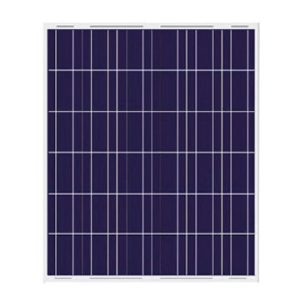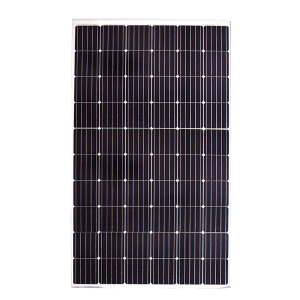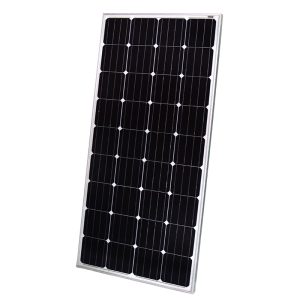Introduction
Solar energy is becoming increasingly popular as more people seek to reduce their reliance on traditional fossil fuels. One of the key components of a solar energy system is the solar module, which is responsible for converting sunlight into electricity. In this article, we will take a closer look at the 300 watt solar module, which is a popular option for homeowners who want to generate their electricity sustainably.
What is a 300 Watt Solar Module?
A 300 watt solar module is a photovoltaic (PV) panel that can generate up to 300 watts of electricity under specific conditions. This type of solar module typically consists of several interconnected solar cells that collect and convert sunlight into electrical energy. The modules are designed to withstand various weather conditions and are installed in an array on the rooftop or the ground.
Advantages of a 300 Watt Solar Module
- High energy output: A 300 watt solar module can generate a significant amount of electricity, making it suitable for larger homes or buildings with higher energy demands.
- Space-saving: The high energy output of a 300 watt solar module means that you can generate more electricity with fewer modules. This is particularly useful for homes with limited rooftop space.
- Cost-effective: A 300 watt solar module is relatively cost-effective, making it an attractive option for homeowners who want to adopt solar energy.
- Long lifespan: Most 300 watt solar modules have a lifespan of 25 years or more, meaning that you can rely on them to generate electricity for years to come.
Who Should Consider a 300 Watt Solar Module?
Several factors can influence the decision to adopt a 300 watt solar module, including:
– Homeowners with high energy demand: If your home uses a lot of electricity, a 300 watt solar module can provide a strong energy output to meet those demands.
– Those who want to reduce their carbon footprint: Solar energy is a clean and renewable source of energy, making it an environmentally friendly choice for those who want to reduce their carbon footprint.
– Those with limited roof space: If you have a smaller roof or limited space, a 300 watt solar module can provide a high energy output in a smaller area.
Conclusion
A 300 watt solar module can be a cost-effective and efficient way to generate electricity sustainably. Whether you have high energy demands, limited roof space, or want to reduce your carbon footprint, a 300 watt solar module can provide a reliable and efficient solution. With a lifespan of 25 years or more, you can be sure that your investment will pay off in the long run. Install a 300 watt solar module today and start generating your electricity sustainably.
Sure, here are three popular FAQs with answers for a 300 watt solar module:
Q: How many solar panels equal 300 watts?
A: The answer depends on the wattage of each individual solar panel. For example, a 300 watt solar module is generally made up of 60 cells, each with a power output of 5 watts. This means that six such panels would be required to generate a total of 300 watts. However, other types of solar panels with different wattages may require a different number of panels to achieve the same output.
Q: How many amps does a 300 watt solar panel produce?
A: The amperage produced by a 300 watt solar panel depends on the voltage output of the panel. If the panel produces a voltage of 24 volts, for example, it would produce approximately 12.5 amps (300 watts/24 volts). However, if the panel produces a voltage of 12 volts, it would produce approximately 25 amps (300 watts/12 volts).
Q: How much power can a 300 watt solar panel generate in a day?
A: The amount of power generated by a 300 watt solar panel varies depending on factors such as sunlight intensity, weather conditions, and the angle and positioning of the panel. On average, a 300 watt solar panel can produce around 1.2 kWh of electricity per day under ideal conditions. However, this number can vary significantly and it is important to consult with a solar installation professional to determine the expected output for your specific location and circumstances.



